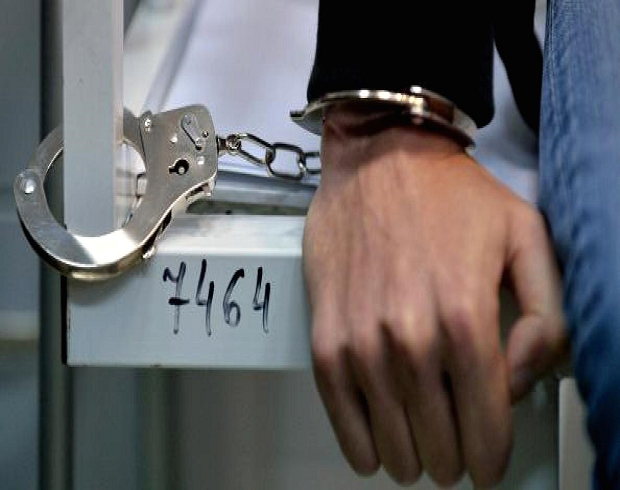Earlier this month I penned a piece about Iceland and Ireland being the only two known countries that had jailed bankers following the 2008 global financial crisis. As fate would have it, I visited Dublin a few weeks ago and got to chatting with a very friendly driver on my way back to the airport. First things first, the Irish people are as warm as Kenyans, and remarkably welcoming and hospitable. “We are not like the French,” said my driver with his tongue in cheek, “so we don’t go protesting in the streets when we are unhappy about something.” By this time, we were talking about the effect of the global financial crisis and the Irish economy’s painful but steady recovery over the last 9 years following property price crashes and banking failures.
According to my driver, the public was not satisfied with the arrest and subsequent jailing of the three bankers I wrote about a few weeks ago. Willie McAteer and John Bowe from Anglo Irish Bank and Denis Casey the former CEO of Irish Life and Permanent were jailed for terms ranging from 3.5 years to two years for their roles in a €7 billion fraud at the height of the financial crisis. But David Drumm, the CEO of Anglo Irish Bank, fled to Boston in the United States in 2009 when it became clear that the bank was going to collapse and filed for bankruptcy under Massachusetts law in 2010. The Irish public wanted justice. They wanted Drumm to come home and answer for his crimes.
According to Wikipedia, the hearing at the Boston-based court heard from the Irish Bank Resolution Corporation, which fought Drumm’s claims for bankruptcy, as he owed it €9 million. It was alleged during the case that Drumm had transferred money and assets to his wife, so they could not be seized during the bankruptcy proceedings. In early 2015, the court ruled the application inadmissible, ruling that he could be held liable for debts of €10.5m in Ireland.
Subsequently, the Irish Office of the Director of Public Prosecutions (DPP) recommended a number of charges be brought against Drumm. In 2015, the DPP successfully sought the extradition of Drumm who was arrested by US Marshals based in Boston in October and extradited back to Ireland in March 2016. Drumm was charged with 33 counts including forgery, counterfeiting documents, conspiracy to defraud, the unlawful giving of financial assistance in association with the purchase of shares, and disclosing false or misleading information in a management report.
Collective Irish indignation, coupled with dogged determination on the part of the Irish DPP, led to the arrest and extradition of one man who played a part in the collapse of an Irish bank that cost the Irish taxpayer € 29 billion (Kshs 3.3 trillion). He is currently out on bail awaiting trial later this year, with part of his bail terms having him report to his local police station twice daily. “People are angry and they want to see justice,” my driver went on. “No one will ever forget what that Drumm chap and his colleagues did to us.”
We have spent an inordinate amount of time in Kenya focusing on the role of the regulator in the case of Dubai, Chase and Imperial banks. We have waxed lyrical and railed continuously about how the regulator, being the Central Bank, is not doing enough to bring the perpetrators of the malfeasances in the respective banks to book. But the regulator has played a big part, via Kenya Deposit Insurance Corporation, in attempting to get justice by filing civil suits against senior management, directors and shareholders of both Imperial and Chase Bank this year. The buck for criminal charges sits squarely in the office of the Director of Public Prosecution who is supposed to represent the collective Kenyan indignation, anger and thirst for retribution. But given our growing Kenyan apathy to the corruption that bestrides both the public and private sector like a colossus, such righteous indignation may be lacking. And just like that, the fraudulent bankers will walk away into the sunset, having paid a monetary price for their crimes if the civil cases are successful, but free to walk amongst us.

 carolmusyoka consultancy
carolmusyoka consultancy
 @carolmusyoka
@carolmusyoka






